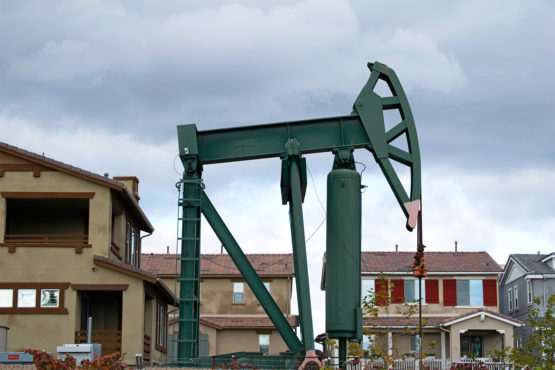Living near oil and gas wells may increase preterm birth risk | Stanford News
Stanford News quotes affiliate Marshall Burke on research he co-authored in Environmental Epidemiology. The study finds that people living near oil and gas wells may risk higher rates of preterm birth.
“Living in close proximity to oil and gas operations may increase the risk of preterm birth, according to new research on births in California’s primary oil-producing region. The work could inform discussions about the state’s implementation of setbacks from oil and gas extraction facilities.
Researchers examined 225,000 births from mothers who lived within about six miles of oil and gas wells in the San Joaquin Valley from 1998 to 2011. The results show that women who lived near wells in the first and second trimesters were 8 to 14 percent more likely to experience a spontaneous preterm birth – one that would otherwise be unexplained – at 20 to 31 weeks. Spontaneous preterm birth, in which a pregnancy ends before 37 weeks of gestation, is the leading cause of infant death in the United States.
The study, published June 5 in Environmental Epidemiology, adds to a small body of population-based research aimed at better understanding how environmental factors may affect the health outcomes of pregnancy, and it is among the first to investigate a potential link between residential proximity to oil and gas operations and spontaneous preterm birth in California. About 17 million people in the United States live within one mile of an active oil or gas well, including 2.1 million in California.”
Source: Living near oil and gas wells may increase preterm birth risk | Stanford News


